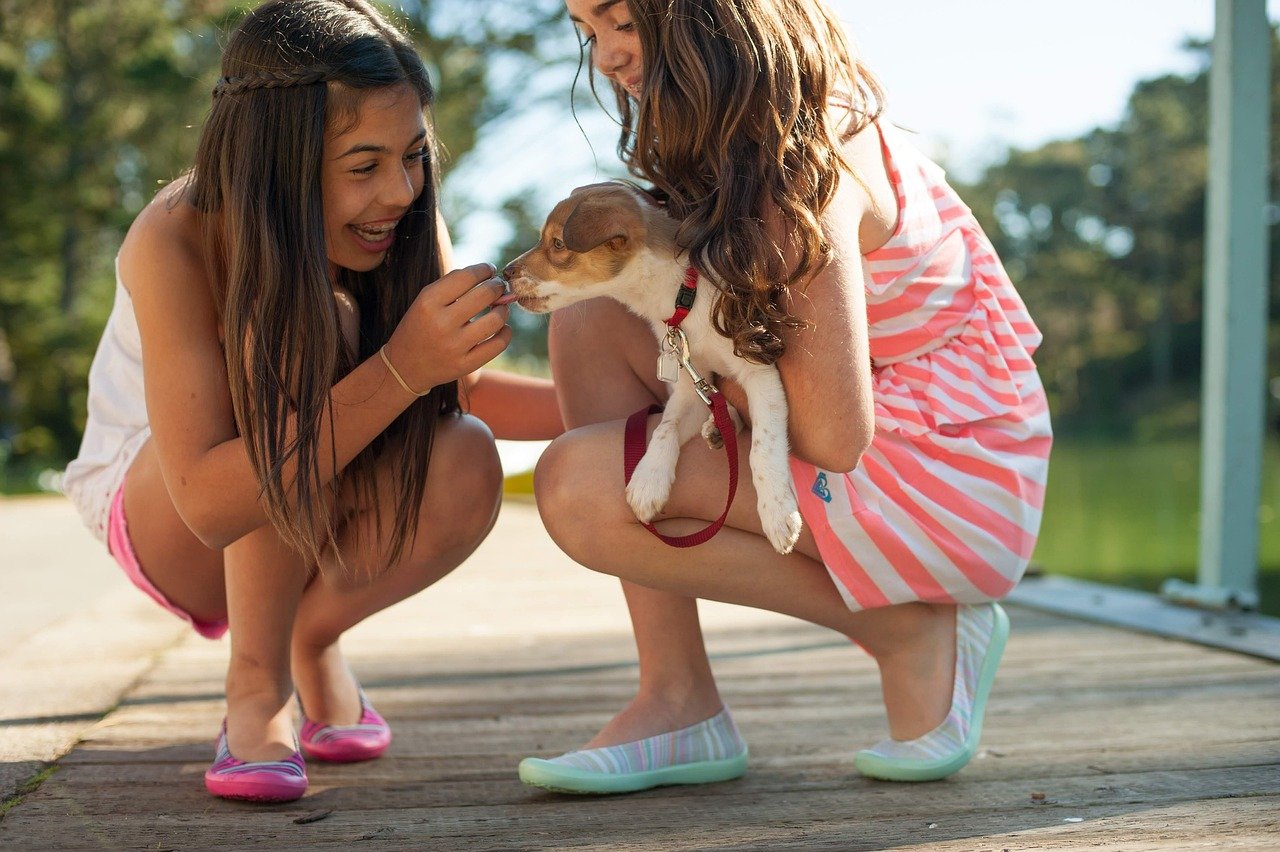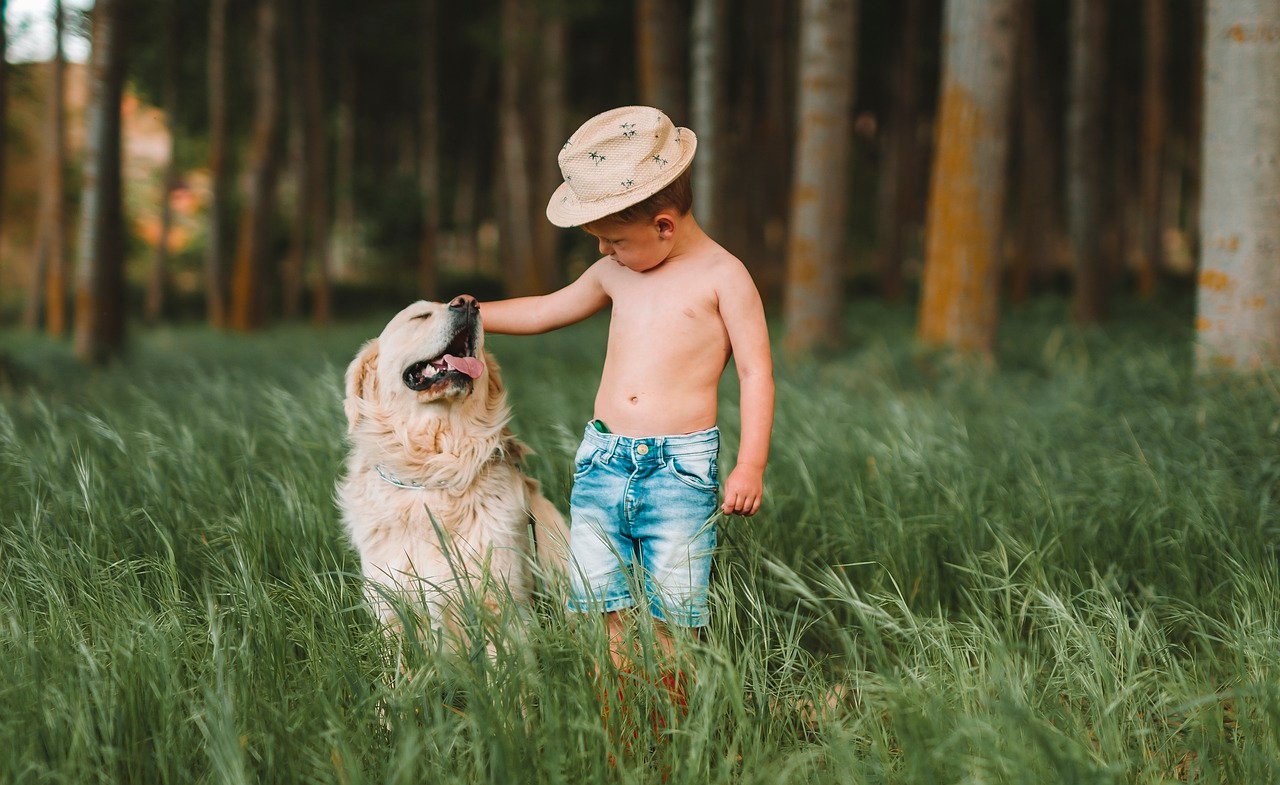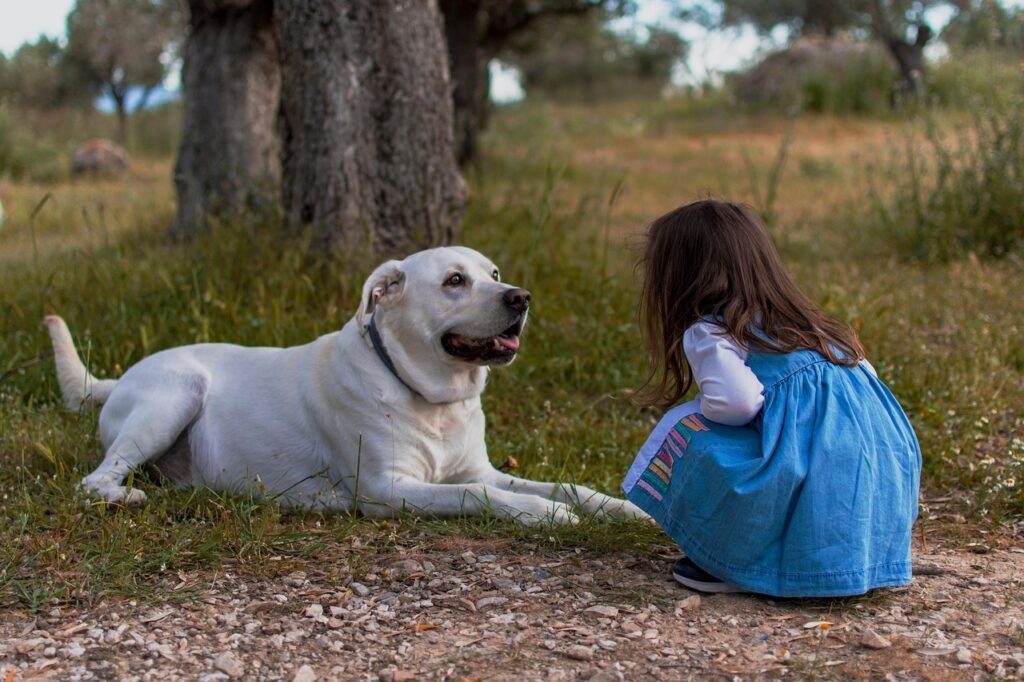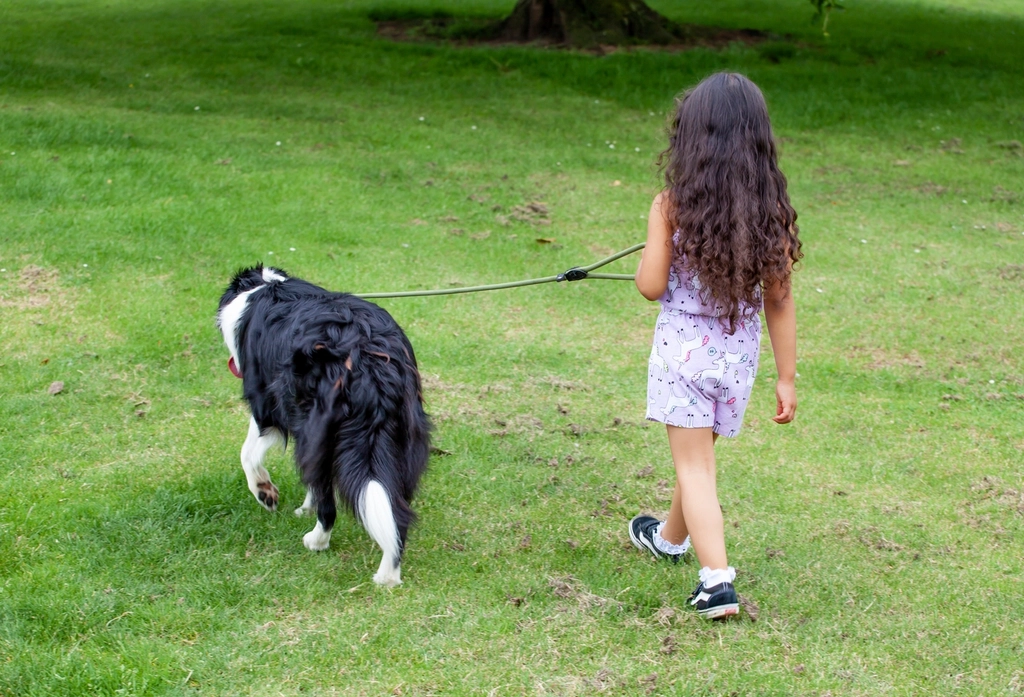Pets have a unique way of teaching children some of life’s most valuable lessons, and empathy is at the top of the list. When kids care for a pet, they learn to recognize emotions, respond with kindness, and take responsibility for another living being. Whether it’s feeding, grooming, or simply offering a comforting cuddle, these small acts help shape a child’s ability to connect with others. Beyond just companionship, pets provide a hands-on lesson in love, patience, and understanding. Raising kids around animals fosters emotional intelligence, making them more compassionate individuals in the long run.
The Bond Between Kids and Dogs

The bond between children and dogs is often described as magical. It’s a relationship built on trust, love, and companionship. For many kids, a dog is more than just a pet; it’s a best friend and loyal confidant. This connection can teach children valuable life lessons, such as understanding and empathy. When kids learn to care for their dogs, they begin to understand the needs and feelings of another living being. This bond is a stepping stone to developing empathy, an essential social skill that helps children relate to others in their lives.
The Role of Responsibility

Owning a dog is a big responsibility, and when kids are involved in caring for a pet, they learn to take on duties and commitments. Feeding, grooming, and walking the dog become part of their daily routine. This sense of responsibility can instill a feeling of accomplishment and pride in children. By understanding that their actions directly affect the well-being of their furry friend, kids develop a deeper sense of accountability, which translates into empathy. They learn that their choices have consequences, and this realization helps them understand the importance of considering others’ perspectives and needs.
Communication Without Words
Dogs communicate in a language of their own, using body language, sounds, and expressions. When children learn to interpret these signals, they become more attuned to non-verbal cues. This skill is crucial in developing empathy, as it encourages kids to be observant and attentive. By understanding their dog’s emotions, children become more sensitive to the feelings of those around them. This non-verbal communication also teaches kids that empathy goes beyond words and can be expressed through actions and understanding.
Learning Through Play
Playtime with dogs is not only fun but also an essential part of building empathy. Interactive games and activities teach children about cooperation and sharing. When kids engage in play with their pets, they learn to read their dog’s responses and adjust their behavior accordingly. This adaptability is a key component of empathy, as it requires children to think about how their actions affect others. Through play, kids also learn about boundaries and respect, further strengthening their ability to empathize with both animals and people.
Caring for Another Being

The act of caring for a dog teaches children compassion and kindness. When kids tend to their pet’s needs, they develop a nurturing attitude that spills over into their interactions with others. Feeding, grooming, and comforting a dog during stressful situations require patience and understanding. These experiences help children develop an intrinsic sense of empathy, making them more considerate and caring individuals. As they grow, these qualities become integral parts of their character, shaping them into empathetic adults.
Understanding Life’s Cycles
Dogs have relatively short lifespans compared to humans, and this reality can teach children about life’s cycles. Experiencing the loss of a pet can be a profound moment for a child, allowing them to process grief and understand the concept of mortality. This experience helps children develop empathy by understanding that life is precious and must be cherished. It fosters a deeper appreciation for the time spent with loved ones and encourages kids to express their feelings and emotions openly.
Dogs as Emotional Support
Dogs have an innate ability to provide comfort and emotional support. For children, a dog’s presence can be incredibly soothing, especially during challenging times. By observing how their pet responds to their emotions, kids learn about empathy and emotional intelligence. They see firsthand how offering comfort and companionship can make a difference in someone’s life. This realization encourages children to be more empathetic towards others, understanding the power of a kind gesture or a listening ear.
Building a Sense of Community

Having a dog often brings children into contact with other pet owners and animal lovers. This sense of community fosters empathy by encouraging kids to connect with others who share similar interests. Participating in dog-related activities, like training classes or park outings, allows children to observe and learn from different perspectives. These interactions help children understand diversity and develop a sense of empathy towards people from all walks of life. It teaches them that empathy is not limited to those they know but extends to everyone they meet.
Instilling a Love for Animals
Growing up with a dog instills a lifelong love and respect for animals. This affection often extends beyond their pet, influencing how children view and treat all animals. It encourages them to become advocates for animal welfare and teaches them the importance of compassion towards all living creatures. By fostering this love for animals, children develop a broader sense of empathy that encompasses not only their immediate surroundings but the world at large. It reinforces the idea that empathy is a universal value, vital for creating a caring and compassionate society.
Developing Empathetic Leaders

Children who grow up with dogs often develop into empathetic leaders. The lessons learned from caring for a pet translate into essential leadership skills, such as communication, responsibility, and understanding. These qualities are invaluable in fostering positive relationships and creating inclusive environments. As empathetic leaders, these individuals are more likely to listen, collaborate, and inspire others. They understand the importance of considering diverse perspectives and are committed to making a positive impact in their communities. This journey from pet owner to empathetic leader highlights the significant role dogs play in shaping the character and values of the next generation.
Teaching kids empathy through pets is a heartwarming and impactful way to nurture kindness and responsibility. The bond they form with their furry friends helps them understand compassion, patience, and the importance of care. By growing up with pets, children learn valuable life lessons that shape them into more empathetic and understanding individuals.






